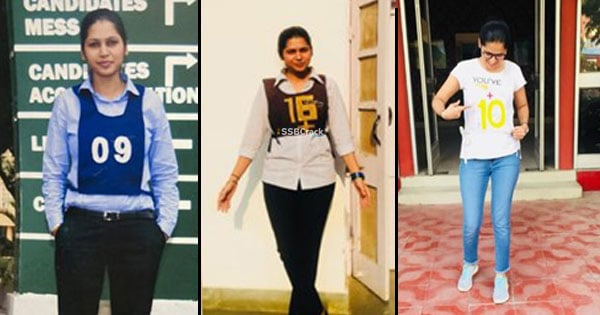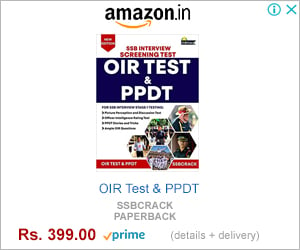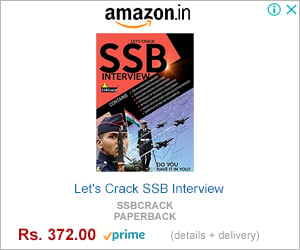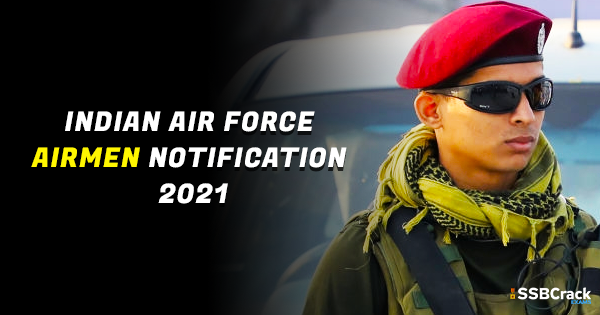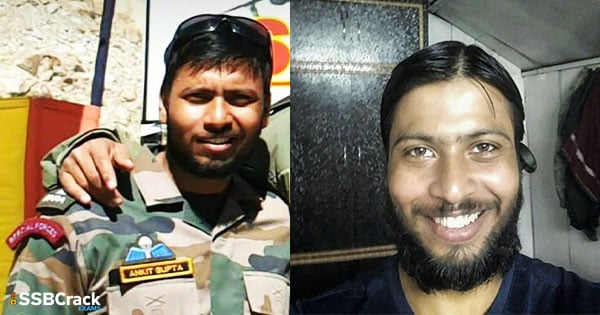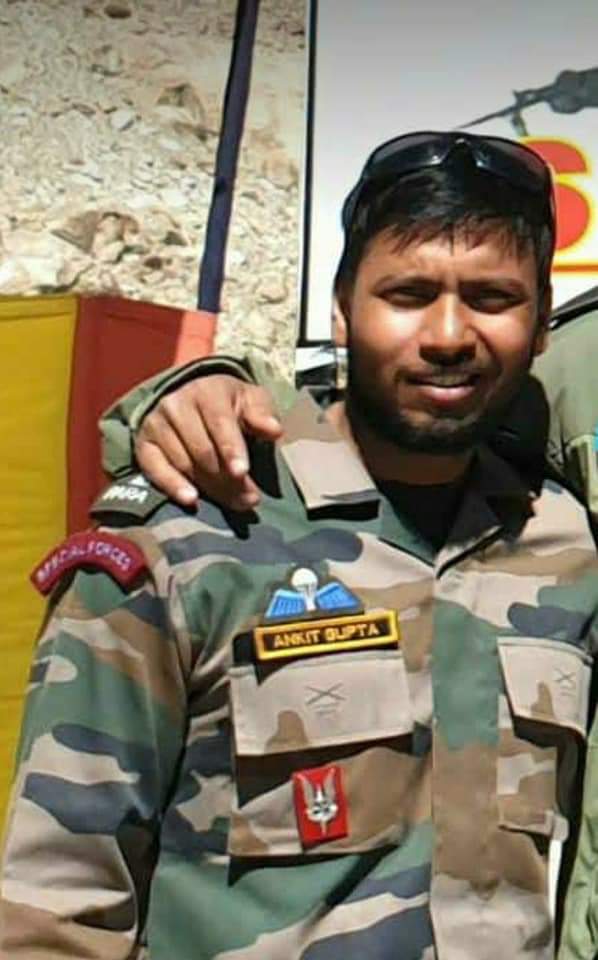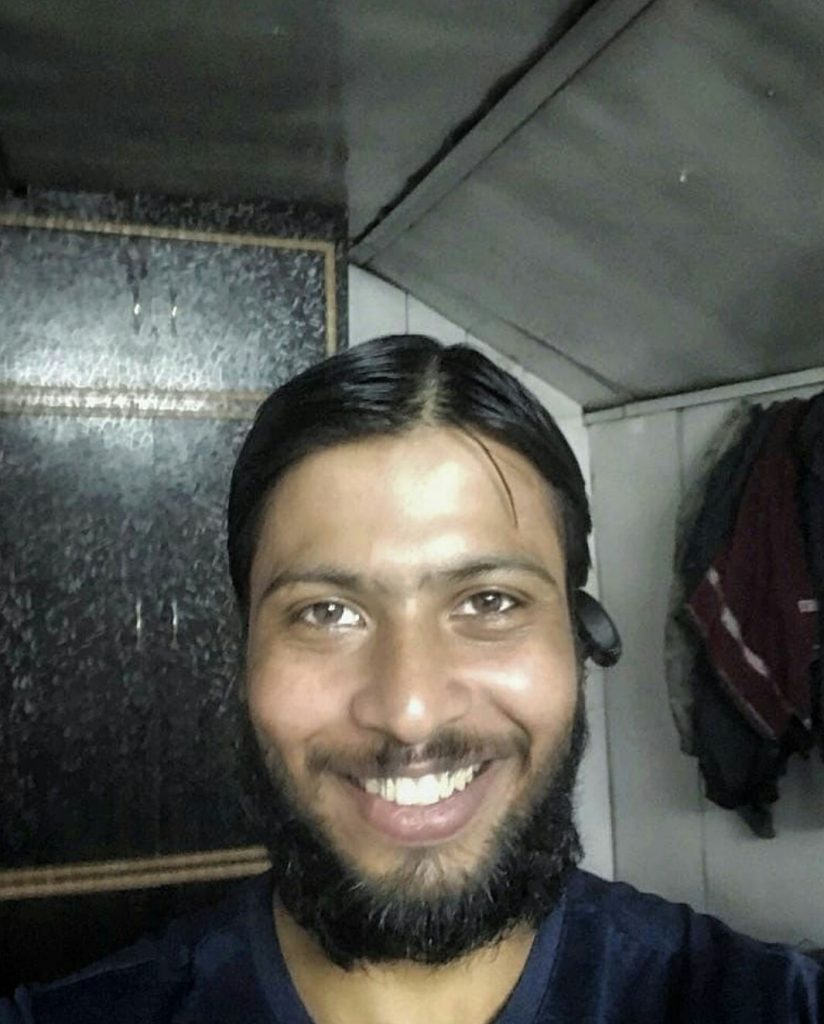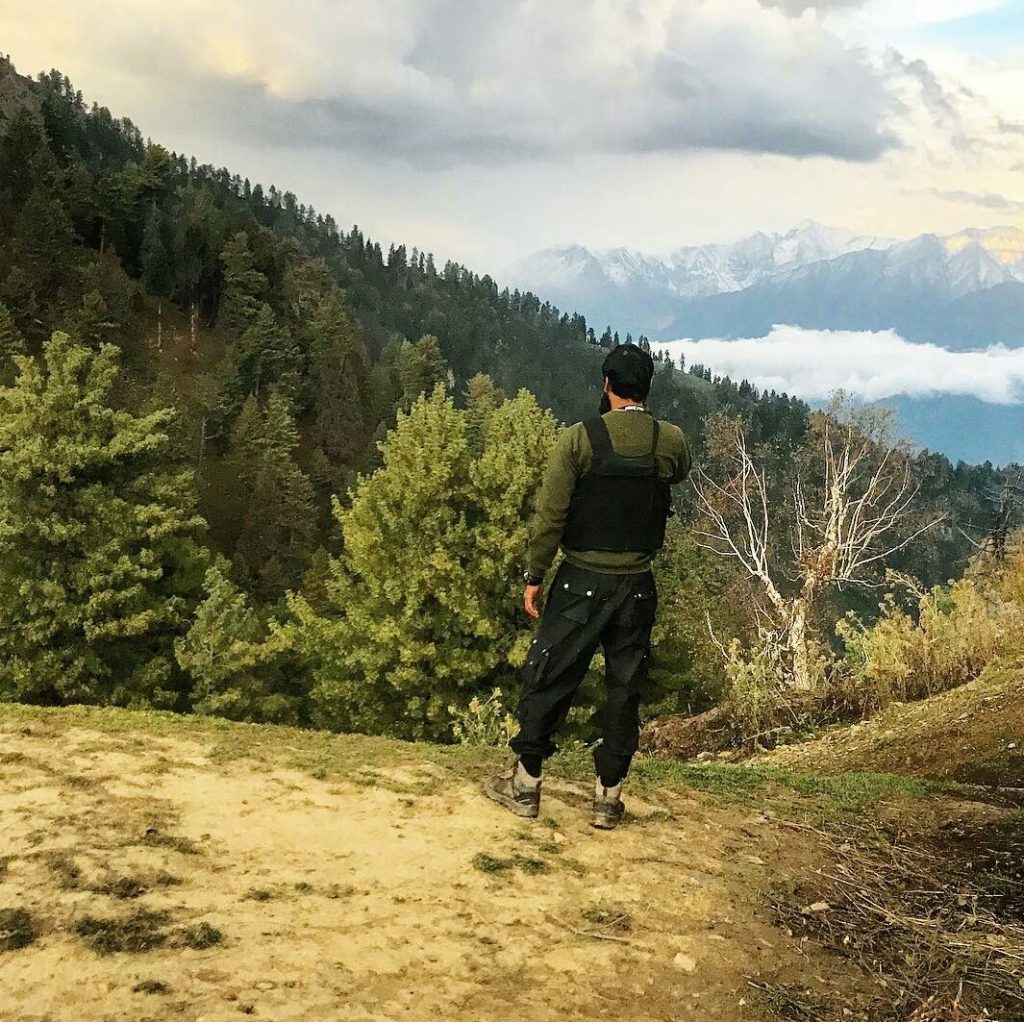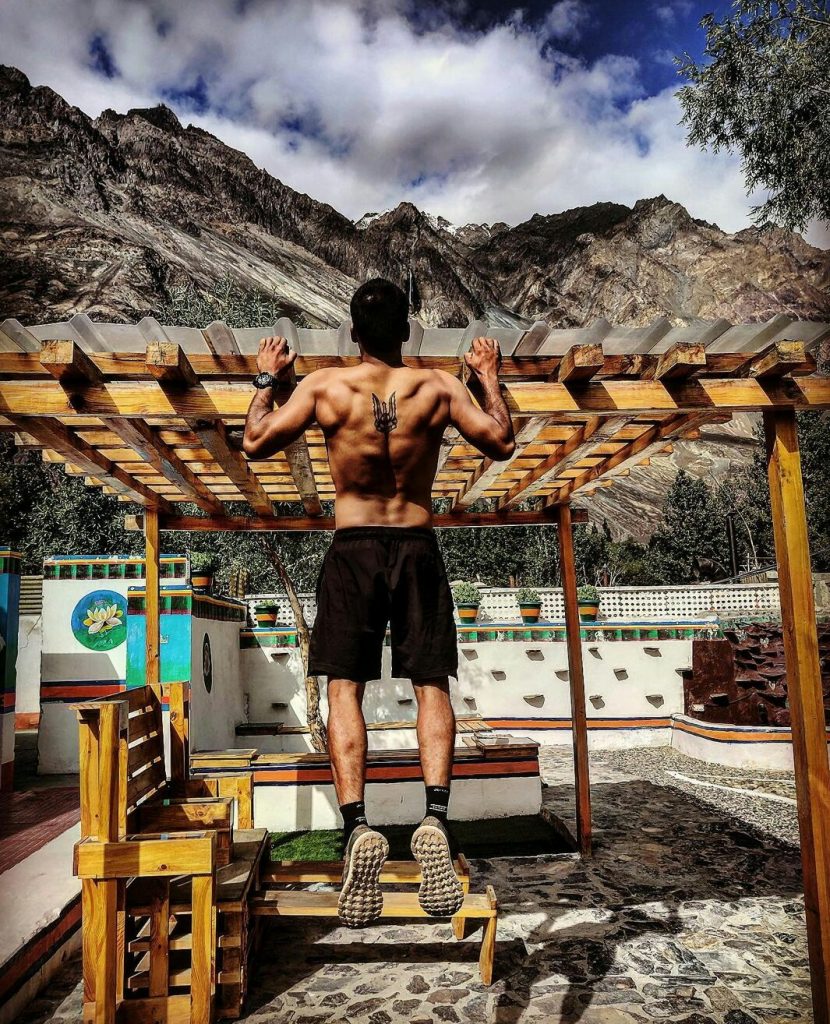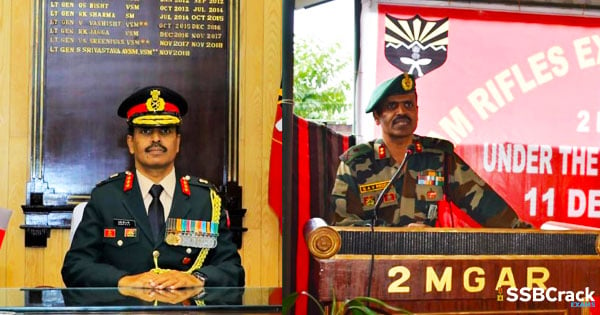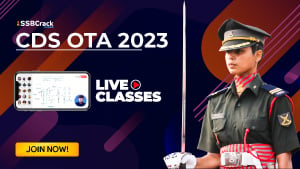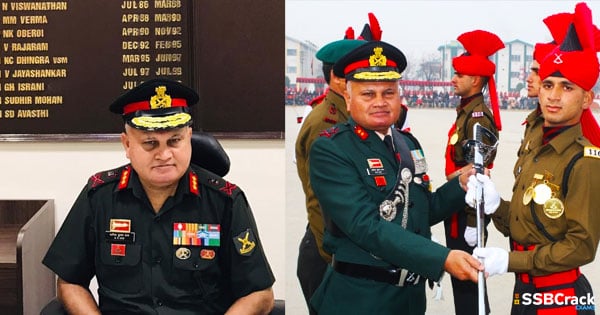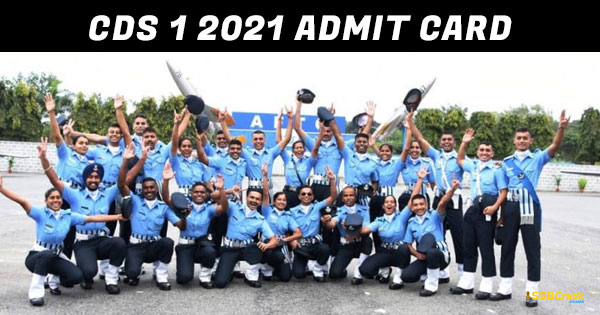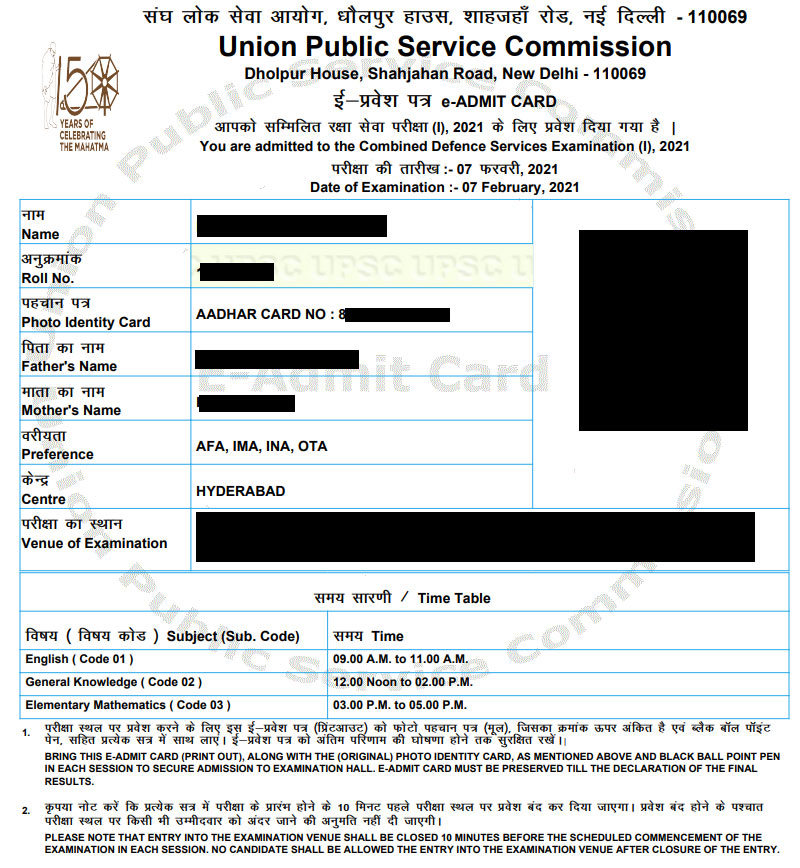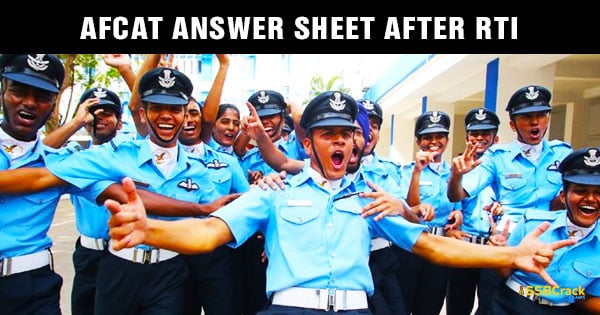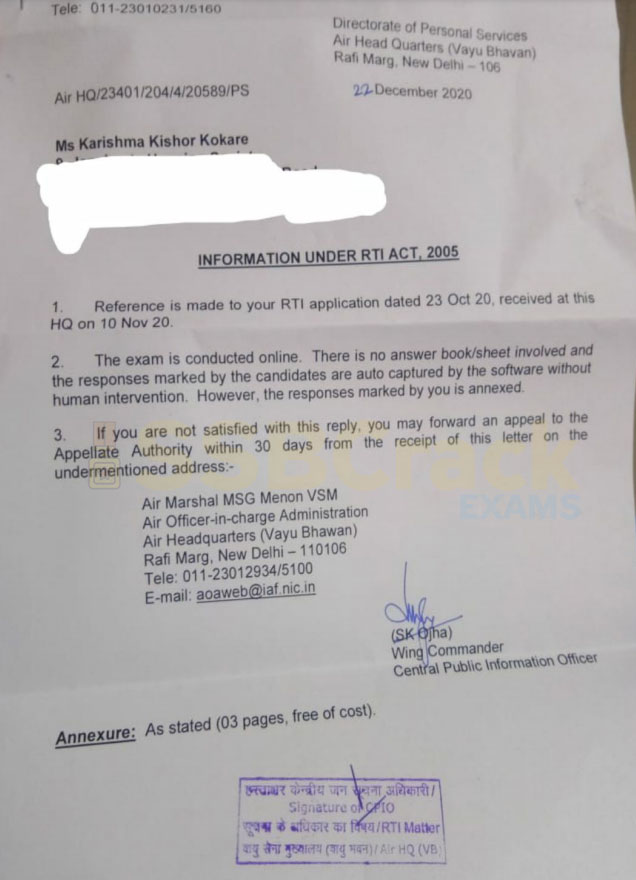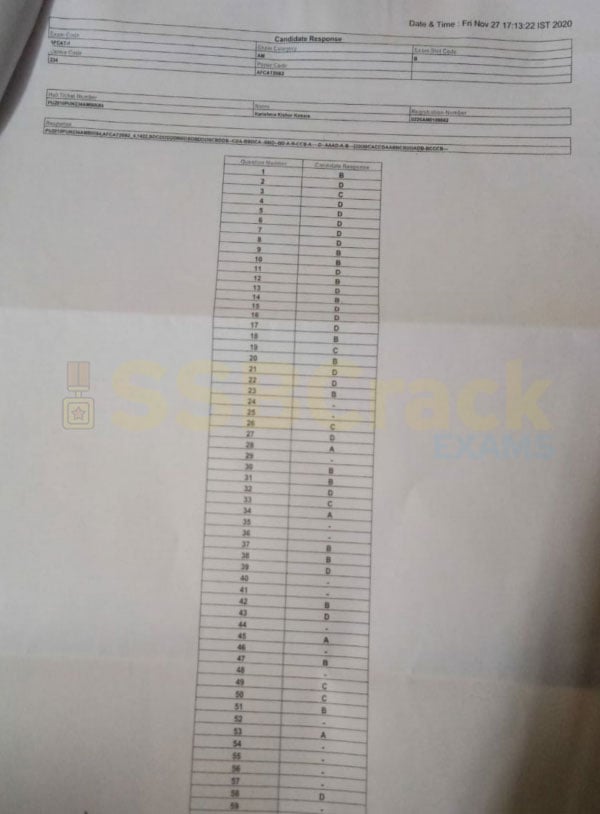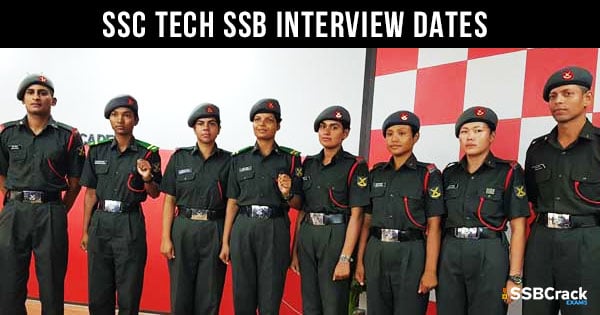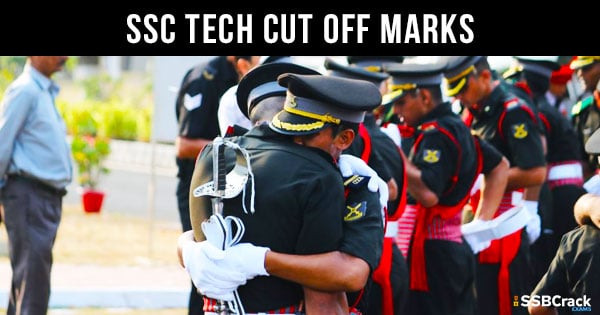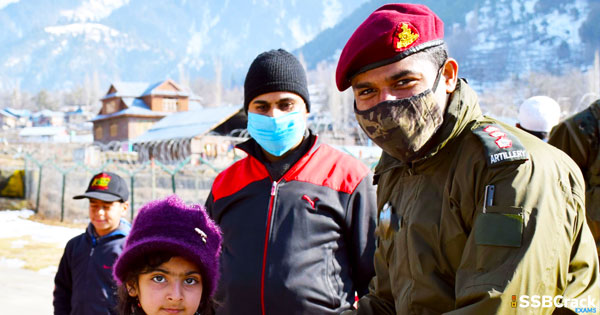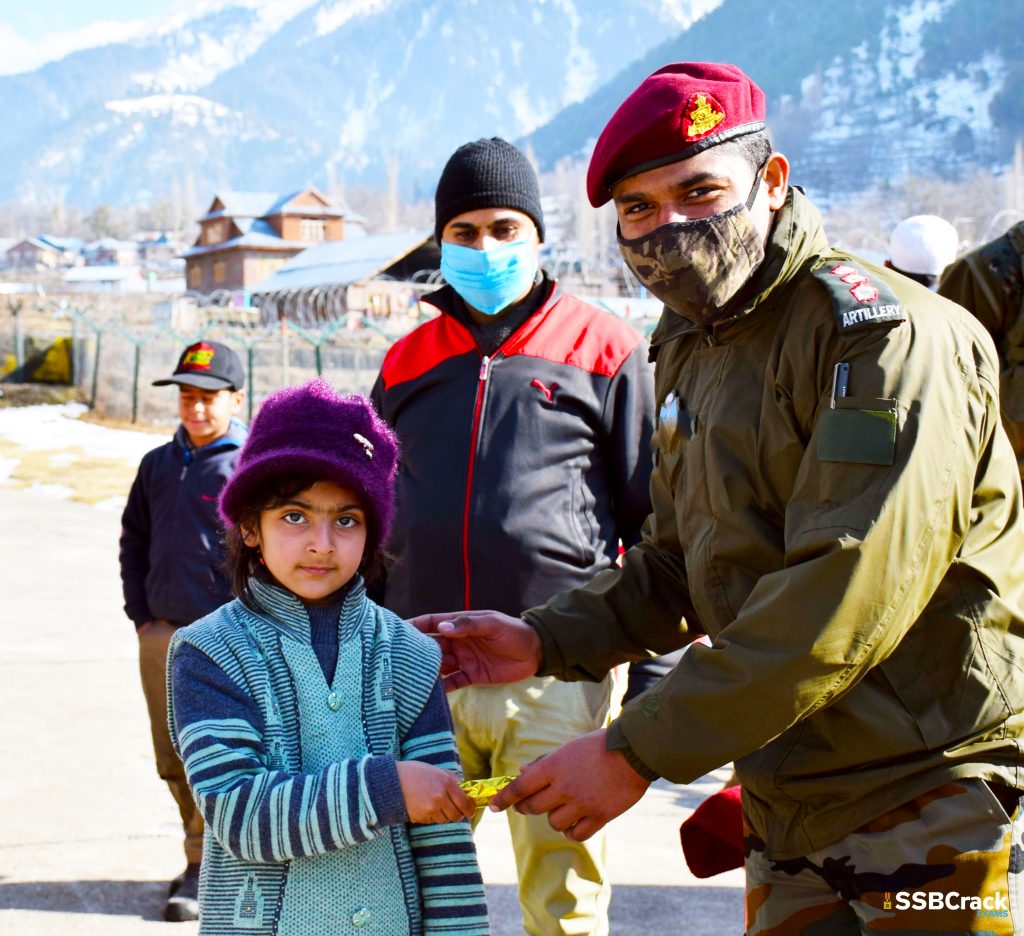The universe falls in love with the stubborn heart. Only one dream in my eyes from the past 4.5 years, 12th and my last attempt, 5 recommendations but I didn’t give up because giving up would’ve been easier for me but regret for life would be difficult for me. Hello everyone! My name is Kirti Mann. I’m from a very small village Hamidpur in the northwest district of Delhi. I completed my graduation as a computer science engineer from DCRUST University, Murthal, Haryana.
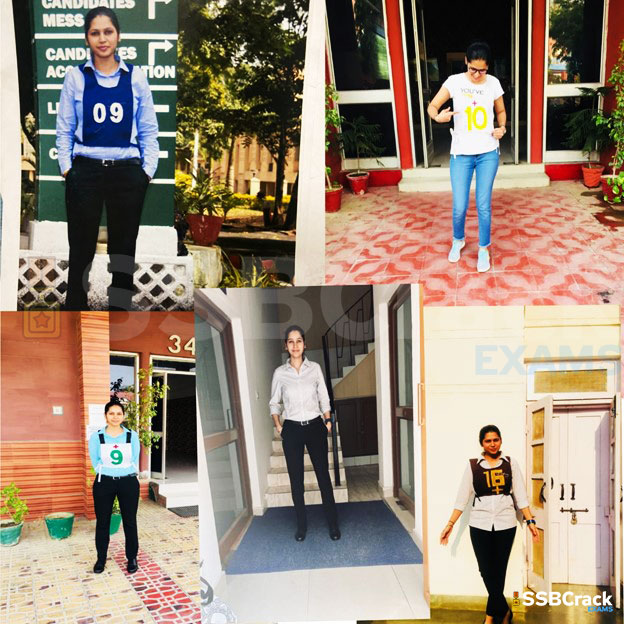
My journey started back on 14 Feb 2016 when I was in the last year of my graduation, gave my 1st CDS examination (I honestly didn’t know about this exam until I was asked by one of my friends to go for it) so very obviously I went unprepared. Fortunately, I cleared the exam in my first attempt and then went on to see what is this SSB all about, took guidance from people around worked really hard for this, and had my first recommendation on 22 Oct 2016. I was just 20+.
I was such a fresher to this whole procedure that I didn’t know about the merit either. I just thought that I cleared SSB and I’m joining forces now(such a naive person I was). Merit released & That first Merit out was a huge disaster to my hope, I was taken aback for a second, cried my heart out and that was the time I realized that wait! THIS IS MY DREAM.
So then I prepared for my written exam and gave AFCAT as well, got Conference Out from Gandhinagar in 2017. I had huge self-doubt in my head ke pehla luck se to ni hogya tha ?
Went for another AFCAT SSB in 2018 Dehradun and guess what -I got Screened out. Nobody can imagine the pain of self-doubt I was feeling that time -am I actually meant for this place or not? Then went for CDS SSB in 2018 May and yes I was meant to be in forces. I shut down all the misgivings and qualms. I got my 2nd recommendation. Got Merit out again but this time I became stronger with my dream and faith that ONE DAY I will make it happen.
Gave another ARMY SSB in 2018 Dec Bhopal, yeah one more recommendation but one more merit out. This whole journey of getting failure, again and again, made me very greedy for success. Tried again and again for AFCAT and ARMY SSB’s even went for Coast guard but only left with failures.
And it was 2019 when I went for my last ARMY SSB in Bhopal, had so much pressure of it being the last hope to don OG, and guess what got screened out. You all can take a lesson that never pressurizes yourself in the process.
I was so shattered that I’ve given me some precious years to this organisation but couldn’t make it. So it was all one feeling of emptiness because I took nothing as a backup career option. And finally, in 2020 I was 25 & it was my last attempt for Airforce in Varanasi. This last journey was one roller coaster in itself.
I gathered myself and “asked myself only one question If you want it just do it otherwise the whole journey of your hard work would just be limited to you “.
It would never become A STORY TO TELL. I went with all my energy, gave more than my potential. This was my best psychological test, made perfect TAT stories completed all the WAT with meaningful content, completed a total of 50 SRT’s and gave one honest Self Description within time. It was 100% satisfaction.
I had my GTO with contentful Group discussion and one Generously discussed GPE. I was able to give ideas in PGT, was more happy and cheerful while on the ground. Gave Lecturette some good facts & completed my Command Task as a good leader. And this was one of my best Interviews
I was calm and composed and Gave all the answers in a very confident manner. And Yes I made it. I made it in my last attempt. My hard work finally was paid off. I won’t deny that this journey wasn’t easy at all but it was always Possible. It was meant to happen because my belief was stronger than any failure I faced.

The role greater than me in this journey was of My family. My father has been the biggest support system, who have seen my emotional breakdown very closely. He used to go with me in all my SSB’s just because he wanted to be part of this journey. My mother who has always cheered me up gave me the strength to fulfill this dream.
My brothers asked me to NEVER GIVE UP. So behind any successful woman, there is one great support system of family. And also Some very close friends who acted as an energy booster in my life. So my message to all the Beautiful strong ladies out there
- SSB Interview eBook Pack
- Thematic Apperception Test – TAT
- Lecturette Topics Part-1 eBook [100 Topics]
- Word Association Test – WAT
- Situation Reaction Test – SRT
- Officers Intelligence Test – OIR
That I know it is tough for us but we are tougher ❤️. You may start feeling isolated, in fact, feel betrayed by the organization sometimes for investing so many emotions and energy to the process and still not coming up to the merit but let the organisation know your persistence and let it be proud of your hard work.
एक बार किया गया कर्म. बिना फल दिए कभी नष्ट नहीं होता ।
Remember, the urge to quit will be the greatest when you will be the closest to your dream. सपने पूरे होते है जनाब❤️. Never give up, Never I say.❤️

